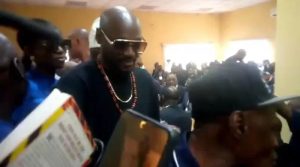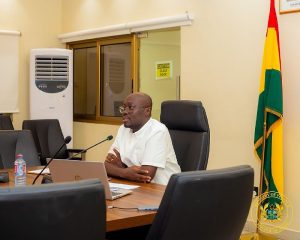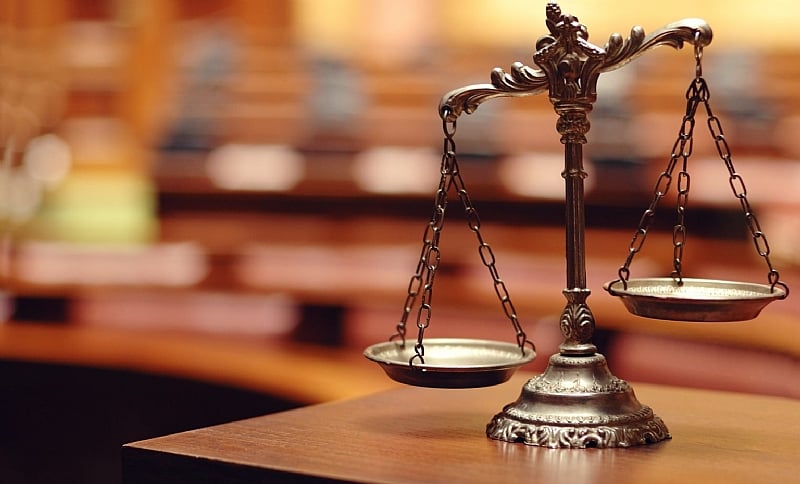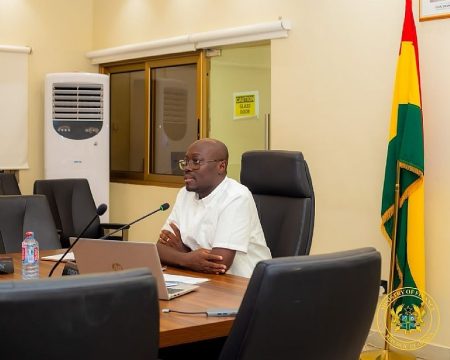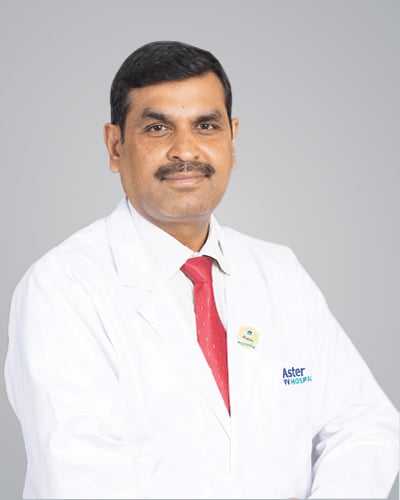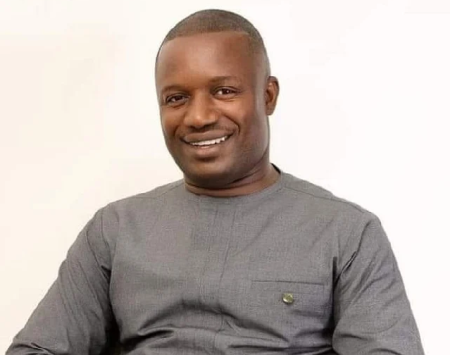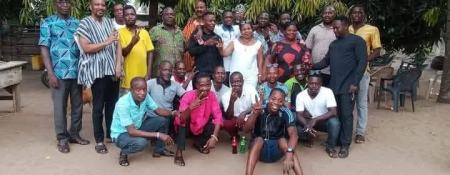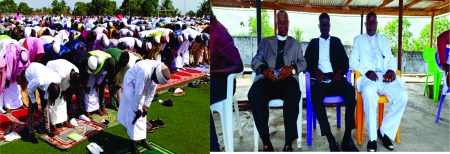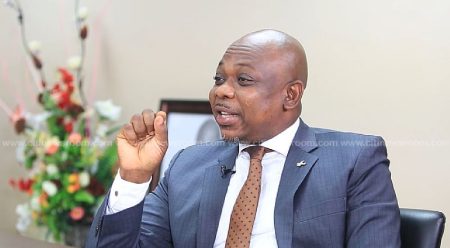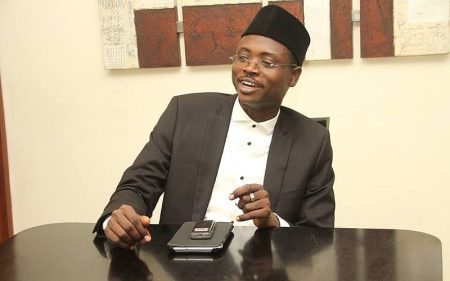The Madina District Court’s denial of bail for Daniel Owusu Koranteng, a businessman implicated in the death of investigative journalist Ahmed Suale, marks a significant development in a case that has drawn both national and international attention. Suale’s murder in 2019, following threats related to his investigative work, sent shockwaves through the journalistic community and raised serious concerns about press freedom in Ghana. Koranteng’s continued detention underscores the complexity and seriousness of the charges against him, as well as the ongoing efforts by authorities to unravel the circumstances surrounding Suale’s tragic demise. The court’s decision to remand Koranteng until April 17, 2025, indicates a protracted legal process, one that will likely involve extensive investigation, witness testimonies, and the presentation of forensic evidence. This extended remand period suggests the prosecution believes it has a strong case against Koranteng, requiring ample time to gather and present compelling evidence before the court. Conversely, the defense will need this time to meticulously prepare its strategy and challenge the prosecution’s narrative.
The details surrounding the court proceedings leading to the bail denial remain somewhat opaque, with the brief report offering only a glimpse into the arguments presented. The prosecution’s case likely centered on the gravity of the alleged offense – involvement in the murder of a journalist – and the potential risk of Koranteng interfering with the ongoing investigation or fleeing the jurisdiction if released on bail. They may have presented initial evidence linking Koranteng to the crime, perhaps through witness statements, phone records, or other forms of digital communication. The defense, on the other hand, would have argued for Koranteng’s right to liberty pending trial, possibly emphasizing his ties to the community, lack of criminal history, or offering assurances of cooperation with the investigation. However, the court ultimately sided with the prosecution, highlighting the seriousness of the allegations and the need to ensure the integrity of the judicial process.
Ahmed Suale’s work as an investigative journalist for Tiger Eye PI, an organization known for its undercover investigations exposing corruption and wrongdoing, often placed him in precarious situations. His involvement in the exposé of widespread corruption within African football, which led to the downfall of several high-ranking officials, brought him both acclaim and threats. The public threats against Suale following the documentary’s release, and the subsequent failure of authorities to provide him with adequate protection, became a focal point of international criticism regarding Ghana’s commitment to safeguarding journalists and freedom of the press. Koranteng’s alleged involvement in Suale’s death, therefore, carries significant weight, representing a potential attack not just on an individual but on the principles of investigative journalism and transparency.
The extended remand period until 2025 raises questions about the efficiency of the Ghanaian judicial system. Such lengthy pre-trial detentions can pose challenges to the defendant’s right to a speedy trial and can raise concerns about the conditions of confinement. The complexity of the case, involving potential international connections and the need to gather evidence from various sources, likely contributes to the extended timeframe. However, it also highlights the need for judicial reforms to expedite complex cases while ensuring the rights of the accused are protected. The prosecution’s ability to present a comprehensive and compelling case within this timeframe will be crucial, as undue delays can erode public trust in the judicial process.
The trial, when it eventually commences, will be closely monitored by press freedom organizations, human rights groups, and international observers. The outcome will be seen as a litmus test for Ghana’s commitment to upholding the rule of law and protecting journalists. A conviction would send a strong message that attacks on journalists will not be tolerated, while an acquittal would raise further questions about the thoroughness of the investigation and the ability of the judicial system to deliver justice in such high-profile cases. The trial will also likely delve deeper into the circumstances surrounding Suale’s death, potentially shedding light on the motives behind the crime and the involvement of other individuals or organizations.
The case also serves as a stark reminder of the risks faced by investigative journalists, particularly those working in environments where corruption and powerful interests hold sway. Suale’s death underscores the need for stronger protections for journalists and the importance of holding those who threaten or harm them accountable. The international community’s attention on this case will hopefully contribute to greater pressure on governments to safeguard press freedom and create a safer environment for journalists to pursue their crucial work without fear of reprisal. The trial’s outcome will undoubtedly have far-reaching implications for press freedom in Ghana and beyond, setting a precedent for how such cases are handled in the future.


